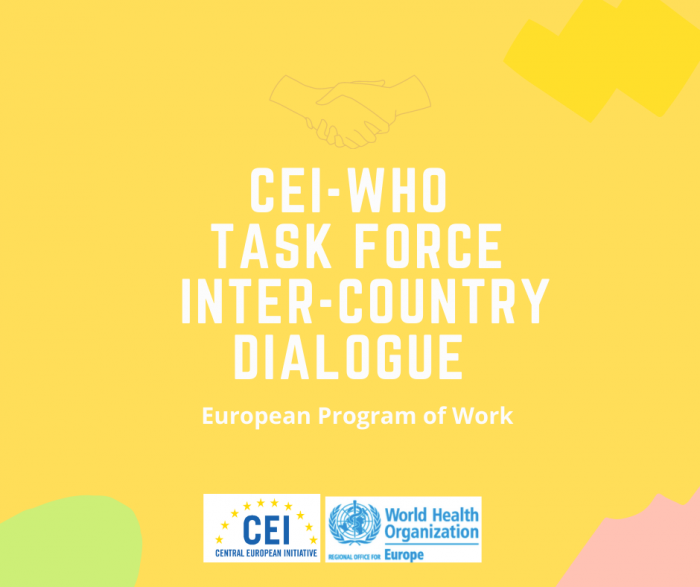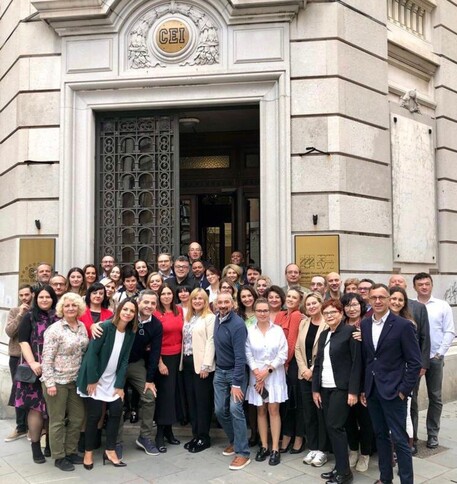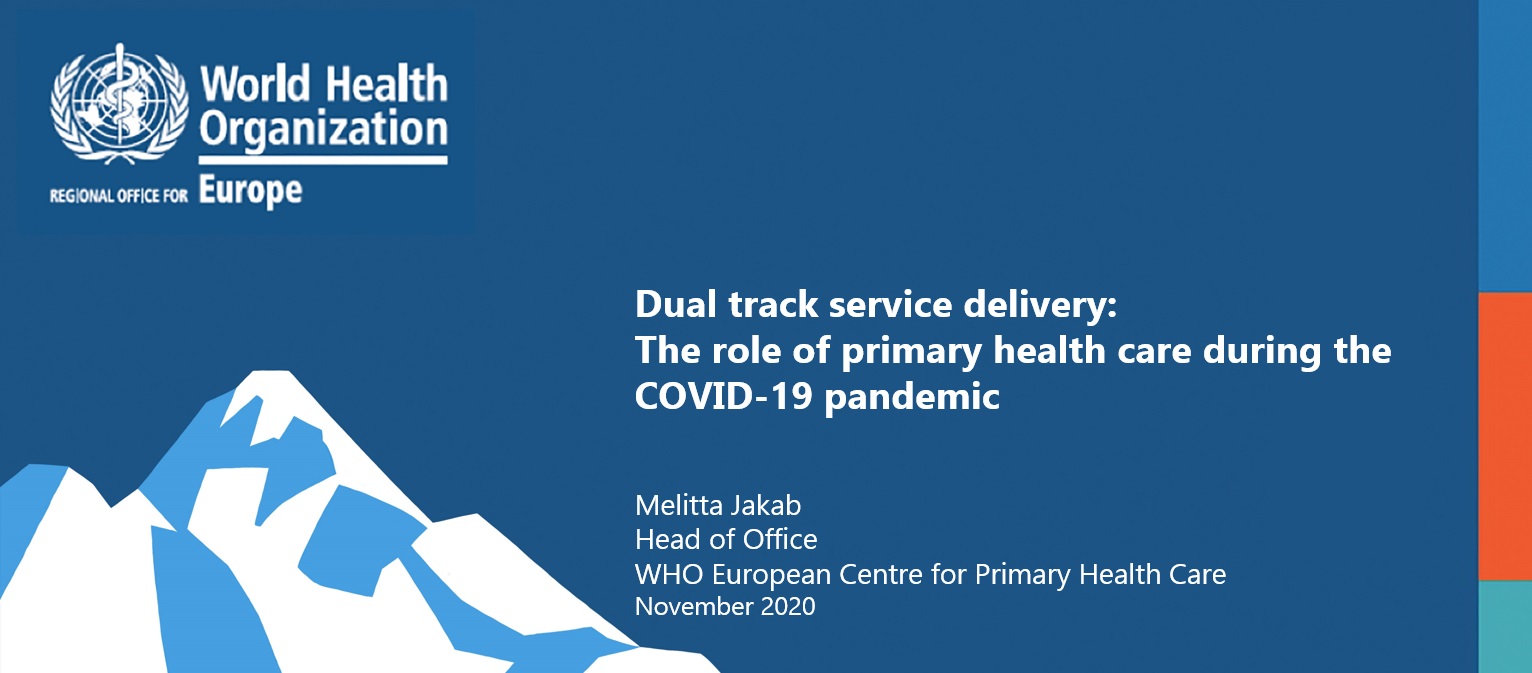The CEI and the WHO converged in an e-meeting focused on the key theme of the European Programme of Work of the WHO Regional Office for Europe United Action for Better Health (EPW), on 15 July. The consultation meeting comes on the heels of the cooperation established under the CEI-WHO Task Force and its feedback will contribute to the consolidation of the EPW.
WHO Regional Director for Europe, Hans Kluge and CEI Deputy Secretary General (DSG) Nina Kodelja, welcomed the high-level representatives of the Ministries of Health from the CEI region. Nina Kodelja highlighted the CEI’s long-standing commitment to a tangible regional cooperation and expressed the organisation’s eagerness to turn challenges into opportunities.
“Effective multilateralism is the best possible instrument to address transnational crisis and to support sustainable development in line with the principles of Agenda 2030”, she said in her opening remarks.
The EPW sets out a five-year vision of how the WHO Regional Office for Europe can help Member States’ health authorities rise to the better-health challenge. The COVID-19 pandemic has hit the region so fiercely and it mandates definite course corrections, which are integrated in this joint action-oriented strategy undergoing on-line consultations with the Member States - in view of the 70th Session of the WHO Regional Committee for Europe expected to adapt the EPW in September 2020.
In his related presentation, Robb Butler, WHO Europe Executive Director, emphasised that the EPW was a document focused on those aspects that constitute a departure from a mere continuation of business as usual, given the radically changed context under which the WHO was operating and was expected to operate in the coming years in a post-COVID Europe. In this regard, he underlined that the leaving-no-one-behind principle went hand-in-hand with a resilient and robust recovery through strong leadership of health authorities.
The meeting thus delved into the key enablers, accelerators and impediments to the EPW implementation, including the power of partnerships at country level. The contributions from the representatives of the Member States fed into the discussion by highlighting some of the most pressing issues at the community and national level. Well-functioning communication mechanisms were deemed necessary to cope with the multisectoral challenges brought by the pandemic.
Additional capacities and professional expertise should also be included in order to craft better policies and messages to share with the people. Moreover, participants agreed that focusing on mental health and digital technologies should be priorities to complement and supplement the health workforce. The shortage of healthcare workers that often decide to migrate to other countries and the protection of the most vulnerable groups in society were identified as two of the most critical challenges shared by countries in the CEI-wide region.
For more info: apuzzo@cei.int








